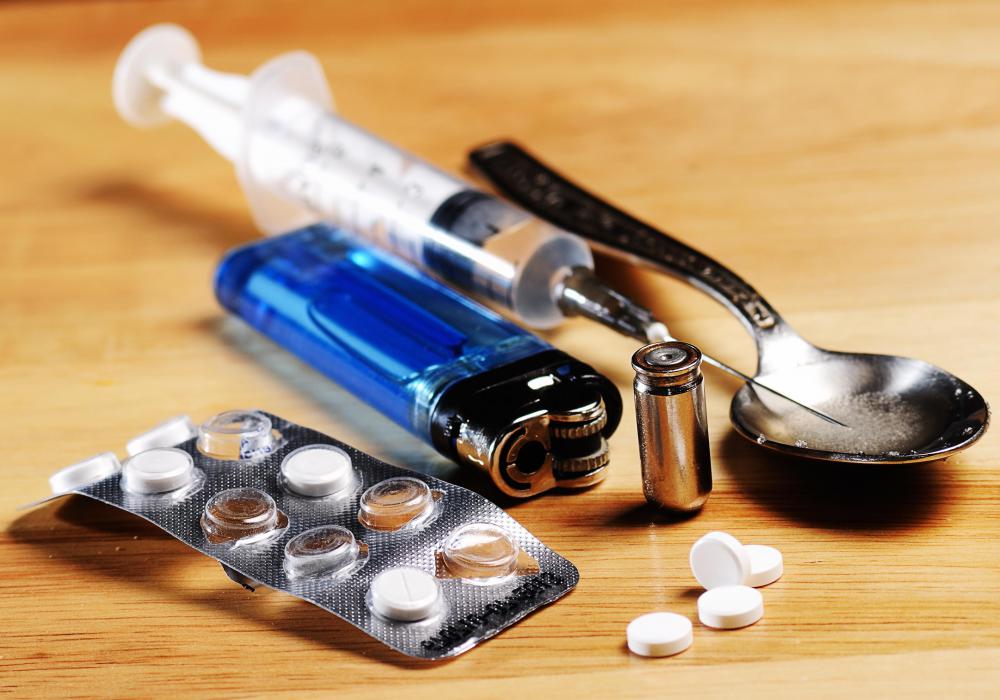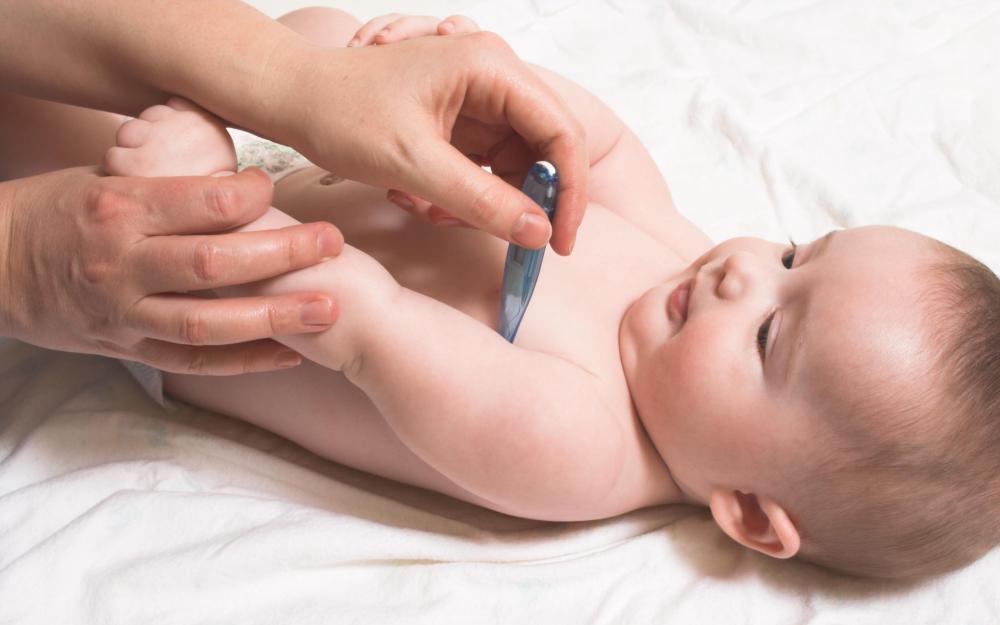At TheHealthBoard, we're committed to delivering accurate, trustworthy information. Our expert-authored content is rigorously fact-checked and sourced from credible authorities. Discover how we uphold the highest standards in providing you with reliable knowledge.
What Should I Do after a Seizure?
Watching a person have a seizure can be a frightening experience, but acting promptly may help save the victim's life. Simple steps can be taken to ensure the safety of both the victim and witnesses of the seizure, so understanding what to do after a seizure is a crucial step in the first aid process. When a seizure has subsided, the first thing you should do is turn the victim onto his or her side so saliva or vomit can drain from the mouth. This prevents choking and keeps airways from being blocked.
It is not uncommon for a victim to want to sleep after a seizure. Sleeping is fine, but you should be sure the victim has regained consciousness after a seizure and before falling asleep. If the victim has another seizure without regaining consciousness after the first one, call emergency services immediately. If you know this is the first seizure the victim has ever experienced, call emergency services immediately. Another indication that a seizure may be serious and require medical attention is if the seizure lasts more than five minutes. The strain on the body can cause a slew of serious health issues, so the victim will need medical attention as soon as possible.

Take note of the length of the seizure as well as where it happened, what the victim was doing before the seizure, and any other relevant information that may help emergency services or a doctor assess the problem. This should be done after the victim has been turned on his side and made comfortable enough to rest. Be sure to clear the immediate area of any hard or sharp objects the victim may collide with should another seizure follow; this clearing should already have taken place during the seizure, but if it did not, do a double check while the victim rests.

Like any other first aid, its effectiveness varies depending on your ability to stay calm during and after a seizure. Fear is often contagious, and if you lose your calm, others are likely to panic as well, further exacerbating a bad situation. Take deep breaths and focus on helping the victim. When the victim regains consciousness, he or she may be disoriented or frightened. Speak calmly to them and tell them what happened. Encourage them to rest until they feel stable again, or until emergency services arrive on the scene. When emergency services do arrive, step away from the victim and allow the medical personnel the space they need to do their jobs effectively.
AS FEATURED ON:
AS FEATURED ON:
















Discussion Comments
Good article! People should know how to handle a person who is having a seizure as some can be triggered any time in public. To be able to aid someone who is having a seizure keeps them from becoming injured.
Post your comments